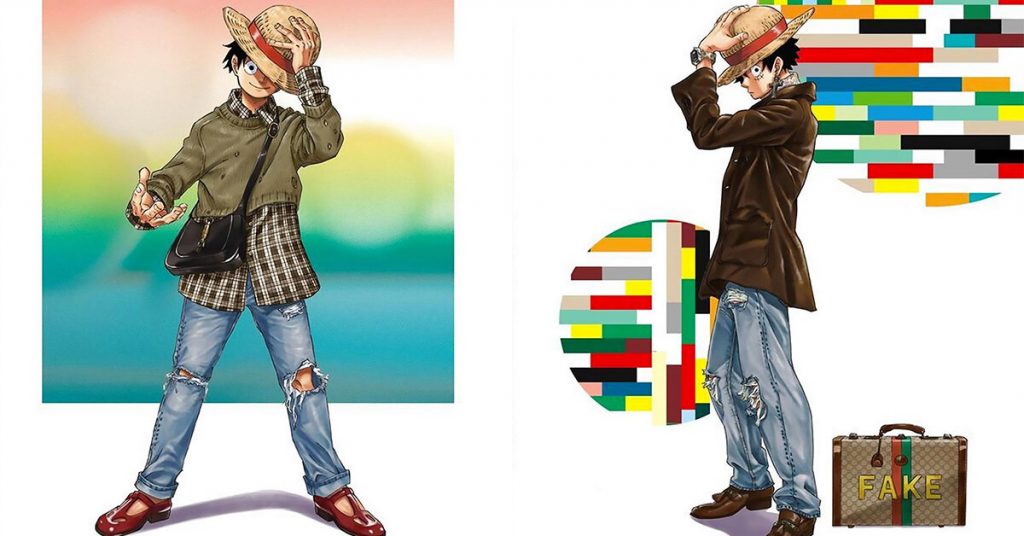Over the past decade, China’s ACG (Anime, Comic and Games) subculture has gone increasingly mainstream, emerging as one of the most important channels for reaching millennial and Gen Z consumers, whose tastes (and spending power) can’t be ignored. Gravitating towards the fast-growing video platform Bilibili — which launched back in 2009 as a hub for niche interests but has gradually expanded into broader lifestyle fare and original content — young ACG fans are being courted by China’s largest tech companies.
But it’s Bilibili that has shown itself to be the leading refuge for ACG lovers, and not just because of the cachet they get from passing the platform’s famous “geek test” to become full members. Over the past year, Bilibili has worked to consolidate its position in the market by signing high-profile deals like an expanded three-year partnership with LoL Esports (the global League of Legends esports arm of Riot Games) that will give Bilibili exclusive broadcast rights in China for three LoL global tournaments (including the world championships) through 2023. The company has also ramped up production of original reality shows including “Rap for Youth” (说唱新世代) (appealing to the same audience as iQiyi’s “Rap of China” (中国新说唱) and Mango TV’s “Rap Star” (说唱听我的)).
Tech giants such as Tencent have made aggressive moves into the ACG market over the past half-decade, whether by investing in Bilibili or leveraging ubiquity across market segments. Tencent, for one, has invested in incubating animation IP with a view of turning it into games, streaming programs and films, books, collectibles and virtually anything else that can have a character or name slapped on it.
One of the key hallmarks of China’s ACG community is that those who identify as enthusiasts spend a lot of time online. For example, Bilibili users spent an average of nearly 110 minutes per day on the platform between January 24 and February 2 of this year, when China’s Covid-19 outbreak kept millions indoors for extended quarantines.
As of June 2020, the platform had nearly 172 million average monthly active users and 12.9 million paid subscribers, and thanks to recent deals like Sony’s purchase of nearly 5% of Bilibili in April 2020, the platform will have a steady supply of anime and online gaming content to keep its millions-strong user base entertained for the foreseeable future.
The size and rising spending power of China’s ACG community has attracted a flood of brands — mostly in the consumer technology, food and beverage, and sports sectors — looking to launch brand collaborations or integrations. Big names like Nike, KFC, Maybelline, and dozens of others have increased their investment on platforms such as Bilibili to reach its audience in meaningful ways, but one segment that has yet to make strong moves is luxury — owing, most likely, to an expectation that ACG lovers lack enough spending power or demand.
However, a handful of higher-end brands have experimented with Bilibili, among them Shiseido, which launched a livestream earlier this year featuring its brand ambassadors that racked up 1.34 million engagements. Others, including Chanel Beauty and Gucci, have invested in ads shown on the Bilibili opening screen, while Fendi launched a promotional campaign across its personal and discovery feeds.
There are signs that luxury brands are becoming more comfortable with the ACG market both in China and globally. Recently, Gucci unveiled a collaboration with the Japanese anime and manga series “One Piece” by way of a “lookbook” published in the Chinese Ellemen magazine, featuring the characters Luffy and Zoro dressed in pieces from the brand’s Fake/Not collection, a throwback to its 2013 work with the manga Jojo’s Bizarre Adventure.
Louis Vuitton, too, branched into the ACG world via a well-received collaboration with League of Legends last year, while Dior featured virtual influencer Xuefei Nova in a cyberpunk film that blended the real and animated worlds. It’s only a matter of time before more luxury giants start chasing the rising spending power of China’s ACG enthusiasts, taking a cue from the FMCG brands that paved the way.
The article is written by Avery Booker. Read more about how brands are collaborating with Bilibili here at CCI.






